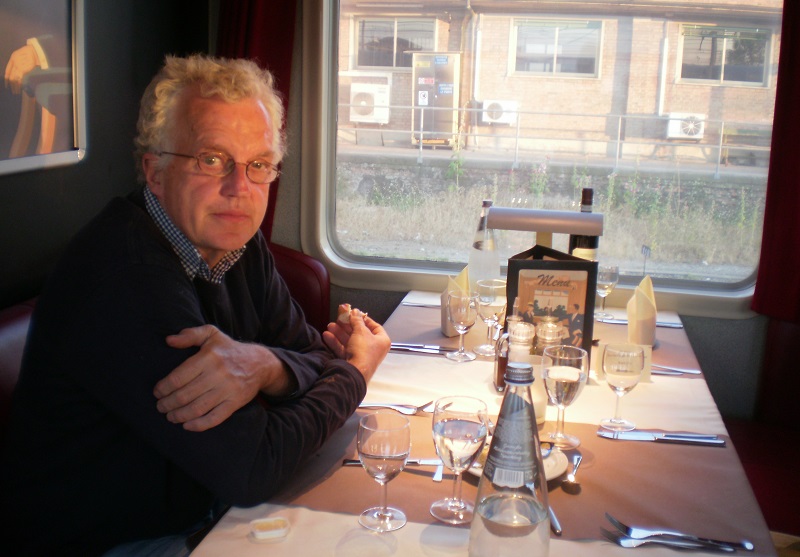The chaotic scenes and the passengers’ strike on the trains in the West Country have highlighted fault lines in the structure of the railways which will haunt rail ministers throughout this crucial year for the industry.
The new franchise which started in April last year was based on a bid that can only continue to deliver profits for First Great Western with both high fares rises and costs cutting. So fares have already gone up on some routes by double digit figures in the past year (e.g. 11 per cent increase for Bristol to London) and now we have had the timetable changes that have led to passengers not being able to get on their usual trains or travelling in cattle truck conditions.
Getting to the root cause of this is not easy. Certainly, FGW is not the innocent party they tried to make out and, indeed, the company’s press release on January 24 was an pretty embarrassing admission of failure. Following the clever PR stunt by the affected commuters who staged a ‘fares strike’ which attracted national publicity, the railway’s boss, Alison Forster had to grovel: ‘It is clear that we underestimated demand for our train services and too much capacity was removed from the timetable we implemented in December. We have listened to our customers and increased capacity on the worst affected journeys.’
I must say, this statement is barely credible. First have been running this franchise for ten years and the bidding process requires a huge level of detail about individual passenger flows. The truth is far more likely to be that First hoped to get away with a series of cost saving measures imposed on people travelling at peak times on various unprofitable short journeys such as Bristol – Bath. While these trains may be full a couple of times a day, the service will be loss-making and First clearly their cuts would pass off with little protest. It was not demand the company underestimated, but the passengers’ reaction!
The failure to sort out maintenance with the transfer to a new depot has been part of the problem but a competent company would have factored that in. However, the Department cannot plead innocence either. It accepted a franchise bid that was reliant on FGW allowing 28 carriages to go off lease in December – with only a vague commitment to replace them. Ministers argue that it is not up to them to work out how a bidder can meet their commitments, but, in reality, ensuring that a bid is realistic is a basic function of those charged with assessing it.
This little fiasco also demonstrates the failure of the rolling stock market. If there was a genuine market, then the spare trains being released by the new ones arriving on the Transpennine Express route should be available for a song – or at least the (minimal) marginal cost plus a small mark-up. Instead, FGW is paying a high price since, in a market with only one or two suppliers, it is very hard to get a good deal.
Above all, this episode shows that lines of accountability in the railway are diffuse and unclear. The railway is being run, in part, by Department officials miles away from the action. Our so called privatised railway is micromanaged in a way that it never was under the nationalised BR. How ministers must regret the decision not to create a Railways Agency when the Strategic Rail Authority was abolished.
There is, too, a clear policy vacuum. The High Level Output Specification (can’t anyone think of a better name, such as the Railway for the Future) and the 30 year strategy for rail which the government will publish in the summer must be produced within a policy context that addresses the fundamental question: do ministers want more or fewer people to use the railway?
There are two broad conclusions from this episode: first, the sooner the Department hands over responsibility for the railways to an outside agency the better; and second, specifying franchises like the one for Great Western which involve paring down services and imposing large fare rises suggests that there is no interest in attracting more people onto the railways, despite ministerial statements to the contrary, but only in squeezing operators till the pips squeak. And it clearly does not work.
